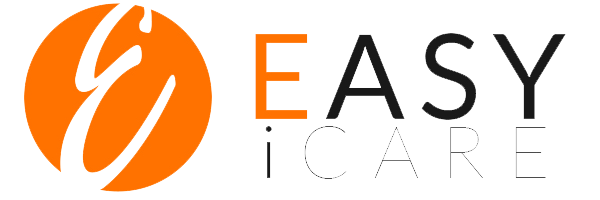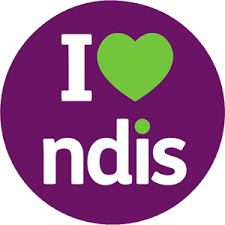Person Centred Support
PROGRAMS TO IMPROVE PEOPLE'S
Principles our staff follow at Easy iCare
#1
The person should do as much as they can for themselves to feel valued, capable and confident.
#2
The person should work towards the most independent stage they can reach even when this takes longer for staff.
#3
The environment should be set up with natural prompts rather than providing instructions e.g. having an alarm to get up rather than being told by staff when it’s time to get up.
#2
Being person-centred does not mean allowing people to avoid personal responsibilities e.g., doing your own laundry, or communal responsibilities e.g., participating in the household shopping. It does mean taking a flexible approach that suits the person’s overall goals e.g., doing a greater share of household cleaning because they don’t like doing the shopping, paying someone to do their ironing for them because they hate it.
Levels and types of assistance
LEVEL 1
Independent
the person participates without prompting or assistance from staff
LEVEL 2
Non-verbal cues
the person has a natural cue to remind them of what to do e.g., clothes for the day are laid out on the bed, towel is handed to them when its time to finish in the shower, dishcloth placed on table
LEVEL 3
Verbal cues
The person is given a verbal cue to signal an activity, eg saying “it’s nearly 8 o’clock” (the time the bus arrives), “the laundry looks dry”, “the floor is a mess”
LEVEL 4
Instruction
the person is told what to do e.g., “wash under your arms”
LEVEL 5
Augmentative communication
There is a visual aid or communication device to help the person; e.g. visual instructions on how to make a cup of tea, load and turn on washing machine; routine board so person knows what is happening next.
LEVEL 6
Modified equipment
the person has something modified to participate, e.g. particular cups to prevent spillage, trolley to wheel out laundry
LEVEL 7
Modelling
the staff first model what needs to be done, then the person does it e.g. make a cup of tea alongside the person, demonstrate washing your arms
LEVEL 8
Physical assistance
Staff provide physical help to enable the person to participate, e.g. lift the person, provide support as they walk, feed them.
Programs to improve people’s level of independence and participation involve:

Break the task down
e.g. making a cup of coffee: fill the kettle, turn the kettle on, get the cup out, get coffee out, get a spoon, measure teaspoon of coffee, get milk, put milk into right level, pour water when boiled to the right level, stir, and drink.
Forward chaining
starting with the first part of the task and work forward, i.e., fill the kettle, next time fills kettle and turn on.
Backward chaining
start with last part of task and work back, i.e., stir drink, next time pour water, and stir drink
Make modifications for independence
i.e. use an urn if kettle to heavy, milk jug, set of pictures on steps in making coffee, etc.
Praise performance
immediate positive regard for the person’s effort, e.g., “well done, you can pour your water.”


